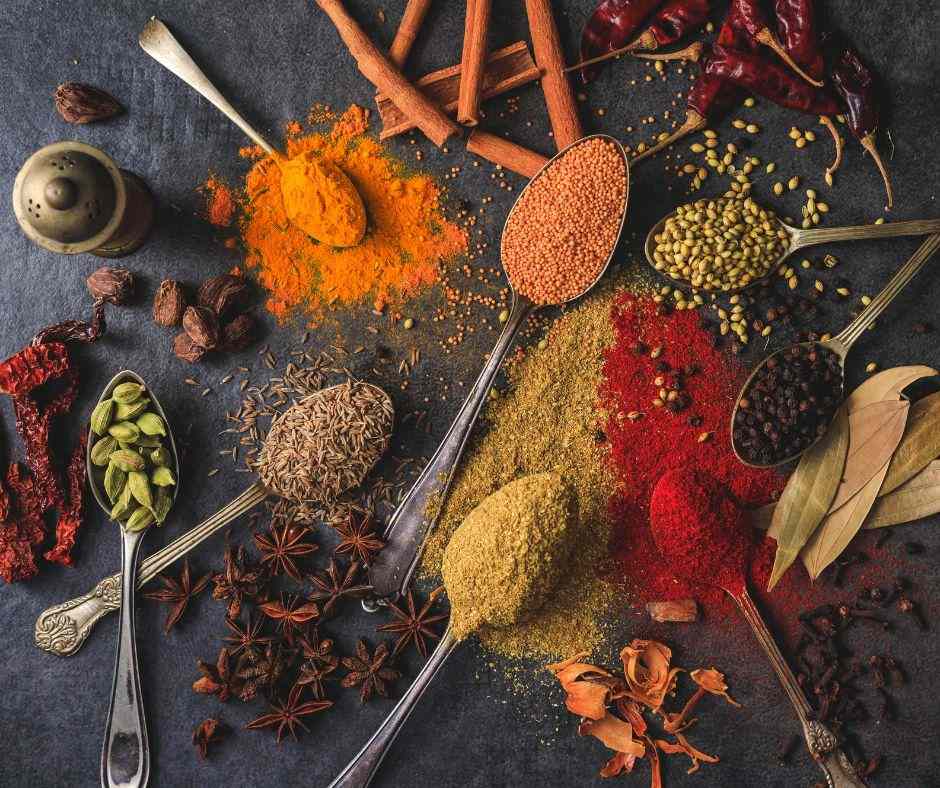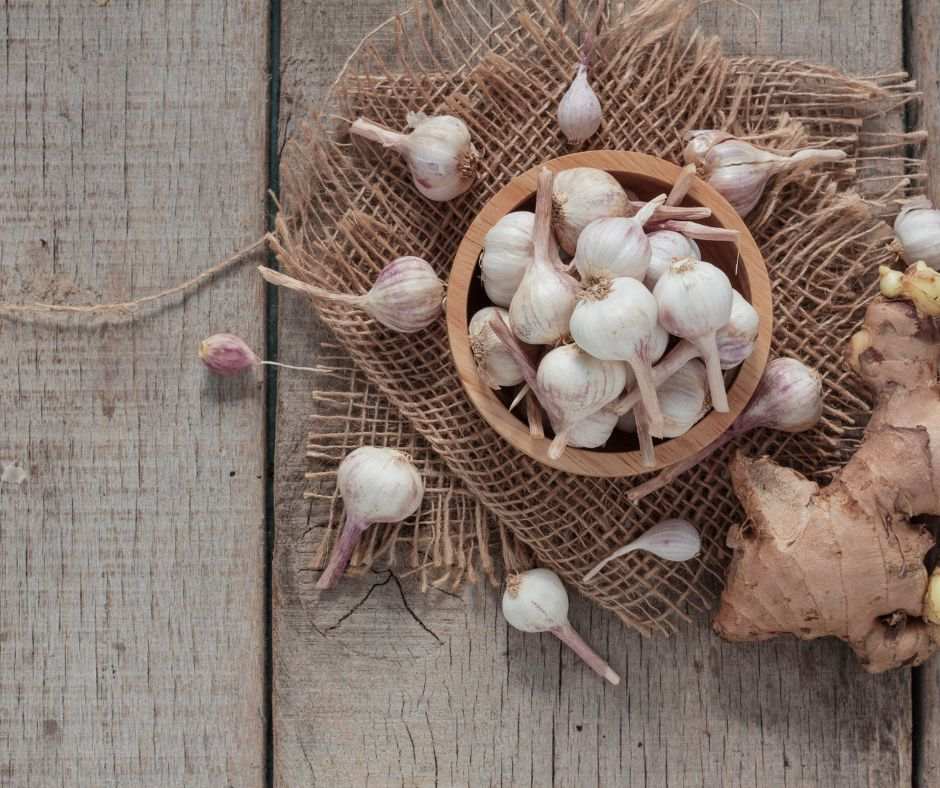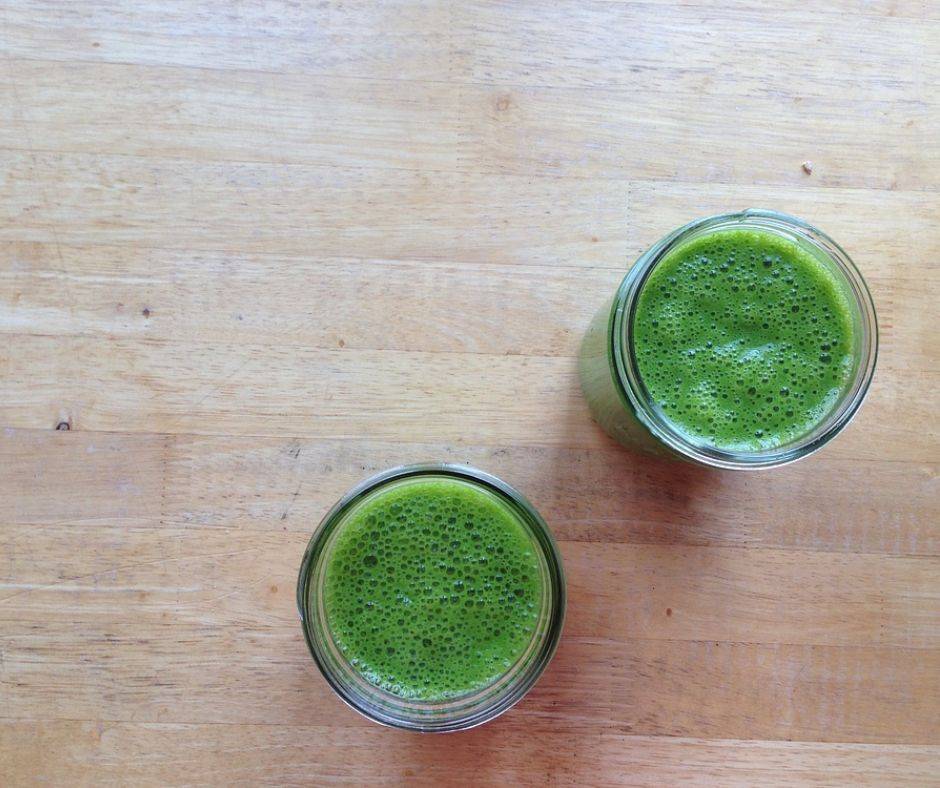It’s pretty common to want to lose a bit of extra weight. Nowadays, it can feel like everyone is on a diet. Unfortunately, the standard American diet (S.A.D.) has created a situation where many people are undernourished and overfed! If you’ve been struggling to feel your best, concerns about weight loss may be at the top of your list. But there are so many options and a lot of misinformation about weight loss.
One of the main reasons many people struggle with weight loss is that there are so many reasons for weight gain. Each person is unique. Weight gain (and loss) is related to metabolism, hormone balance, nutrition, genetics, toxin exposure, and gut health. Stress, exercise, and sleep also play an essential role.
Creating a plan for weight loss needs to be individualized. Everyone’s body is different, and finding what works for you will require a good dose of curiosity and experimentation. When creating your weight loss plan, a few areas to consider are:
GUT HEALTH: Inside your digestive system, trillions of bacteria support and interact with all kinds of processes in your body. A poor diet, heavy antibiotic use, and toxic overload can all lead to gut and bacteria damage. If you have frequent constipation, loose stools, bloating, or digestive pain, you may have imbalances in your digestive system that contribute to weight gain. Remember to get more fibre in vegetables, beans, and legumes. Take probiotic supplements, and get probiotics through fermented food. If you want to learn more about healing your gut, get on the list for the next Calm and Renew.
METABOLIC STRESS: Did you know that too much exercise could lead to an inability to lose weight? When it’s stressed and not receiving enough nutrition, your body stores excess fat or glycogen. If you have hormone or immune issues, strong hunger or cravings, anxiety, or depression, you could have issues with your metabolism. Consider moderate exercise and stress-reducing activities like yin yoga or meditation.
NUTRIENT DENSITY: Many weight loss plans are nutrient-poor and can contribute to a high-stress environment in the body, which actually leads to weight gain in the long term. Think of adding in nutrient-dense foods and eliminating foods that could be causing inflammatory reactions. Consider joining Calm and Renew to learn more about creating a long-term health plan that’s right for you.
HORMONAL HEALTH: The adrenal and thyroid glands, along with sex hormones like estrogen, play a vital role in energy, mood, metabolism, cravings, and blood sugar balance. Restoration practices, good sleep, and diet changes also play a role in balancing hormones. Consider reducing sugar, coffee, and alcohol and increasing your intake of healthy fats, protein, and vegetables.
With all that being said, there is a fun and easy way to support your body and your weight loss efforts.
Use more herbs and spices in your meals! First, use REAL food (that means no processed junk). Then, use the herbs below for an extra shot of digestion-supporting, anti-inflammatory, and metabolism-boosting flavour.
Turmeric
The active ingredient in turmeric is a carotenoid called curcumin. Curcumin has been shown to stop or inhibit many inflammatory compounds, making it a great choice if there is any inflammation. It’s also used to balance blood sugar. Used with cumin and coriander, it can help digest complex carbohydrates. In Chinese Medicine, it strengthens the Spleen, Liver and Stomach.
Cinnamon
Cinnamon is very effective at gently lowering blood sugar and improving insulin sensitivity. It acts as a stimulant, which increases digestive power. Cinnamon is a wonderful spice to increase circulation and decrease all types of congestion, including digestive stagnation. It also has a sweet flavour and can be used to satisfy sweet cravings.
Cilantro / Coriander
Cilantro and coriander (the cilantro seed) aid digestion and help reduce digestive pain and bloating. They are diuretics, which help with extra weight from water retention and are anti-inflammatory. In Chinese Medicine, they are thought to support the Spleen, Stomach, Bladder, and Lung. Coriander has a neutral thermal nature and is believed to create a sattvic (“peaceful”) state. Cilantro is also an excellent detox herb due to its unique ability to bind to heavy metals in the body.
Cumin
Cumin is an excellent herb to add to your meals to assist with assimilation and digestion. It also supports the liver. Cumin is considered antimicrobial and is used in Chinese Medicine for intestinal parasites. Because it’s a pungent herb in Chinese Medicine, it’s considered stimulating and metabolism-boosting. Plus, it decreases digestive upsets like bloating and gas. In Ayurveda, it is considered “tridoshic,” meaning it’s appropriate for all constitutions.
Chili Peppers / Cayenne
Cayenne contains a vasodilator that opens the blood vessels, and increases circulation. The pungent flavour stimulates the digestive system, and its antioxidant properties help to protect the body from harmful environmental toxins. Energetically, cayenne helps to decrease “damp”, or kapha, in the body, which can be a byproduct of poor digestion, or too much dairy or damp forming food in the diet. Excess damp, or kapha, can lead to low energy, extra weight gain, and an inability to digest and assimilate foods.
Want to learn more about healing your digestion for weight loss? Check out the free guide








